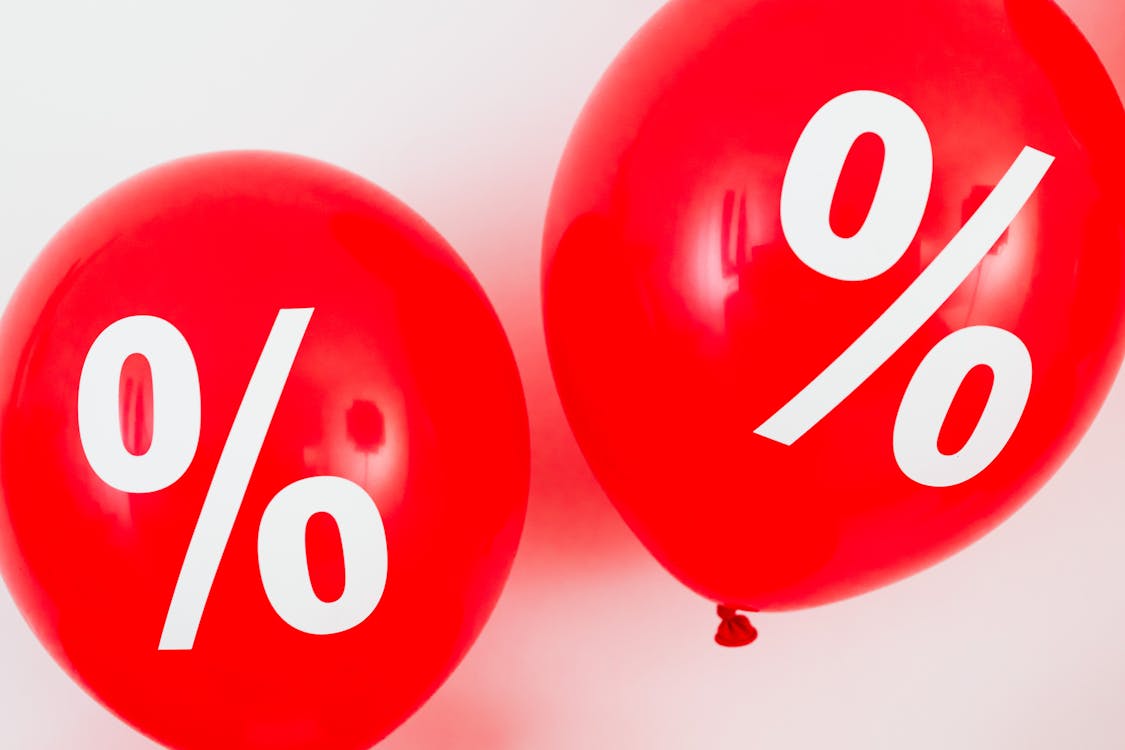
Online shopping has become more convenient, with many websites offering endless products. However, with so many options, it can take time to find the best deals. That's where price history trackers and price comparison websites come in. Both tools can help you save money by finding the best prices on the products you want, but which is better? In this article, we'll explore the pros and cons of each and help you decide which tool is right for your shopping needs.
Price Comparison Websites
Price comparison websites allow you to compare prices from multiple retailers for a particular product, giving you a quick overview of where to find the best deal. Some popular price comparison websites include Google Shopping, PriceGrabber, and Shopzilla. These websites can be incredibly useful, as they save you time and effort in finding the best price for a product.
Pros:
- Time-Saving: Price comparison websites allow you to quickly and easily compare prices from multiple retailers, saving time and effort.
- Comprehensive: These websites typically cover a wide range of products so that you can compare prices for almost anything.
- User-Friendly: Most price comparison websites are easy to use and navigate, making finding the information you need simple.
Cons:
- Limited information: While price comparison websites can tell you where to find the best deal, they provide little information about the product or the retailer.
- Incomplete listings: Only some retailers are included on price comparison websites, so you may only get a complete picture of where to find the best deal.
- Limited search options: Price comparison websites are typically limited to searching by product name or category, so if you have specific requirements for a product, you may need to do additional research.
Price History Trackers
Price tracking websites, also known as price tracking tools, allow you to track the price of a product over time and receive alerts when the price drops. These tools are especially useful for big-ticket items like electronics or appliances, as they can help you time your purchase for the best deal. Some popular price history trackers include CamelCamelCamel, Keepa, and Honey.
Pros:
- Comprehensive price history: It gives you a detailed look at the price history of a product, so you can see if the current price is a good deal.
- Customizable alerts: These tools allow you to set up alerts for specific products or price ranges, so you can be notified when a product drops to a certain price point.
- In-depth product information: It often provides additional information about the product, such as reviews, ratings, and specs.
Cons:
- Limited to specific products: Price history tracking tools are typically limited to tracking particular products, so they may not be useful for finding deals on a wide range of items.
- Time-consuming: These tools require more time and effort than price comparison websites, as you need to track products over time to understand their price trends.
- Limited retailer information: Price history trackers may only include information about some retailers selling a particular product, so you may need to do additional research to find the best deal.
Which is Better?

So, which tool is better for finding the best deals online? The answer is that it depends on what you're looking for. A price comparison website is likely your best bet if you're shopping for a specific product and want to compare prices quickly across multiple retailers. On the other hand, a price history tracker may be more useful if you're looking to save money on a big-ticket item and are willing to put in time and effort to track its price over time.
It's also worth noting that these tools are not mutually exclusive Price comparison websites are ideal for consumers who want to find the best deal for a particular item quickly they're looking for or for those who want to compare prices across multiple retailers at the same time.
One important difference between price history trackers and price comparison websites is that the former requires you to have a specific product or service in mind. At the same time, the latter can be used more generally to browse prices across multiple retailers. A price comparison website may be a better starting point if you need clarification on what you want to buy.
Additionally, price comparison websites often have a larger selection of products and services than history trackers. Price comparison websites typically search for more retailers, while price history trackers may only search for a handful of specific retailers.
Regarding accuracy, price history tracking apps and comparison websites have strengths and weaknesses. It can give you a better idea of whether a current sale is a good deal. In contrast, price comparison websites may be more accurate in showing you the current market price for a particular product or service.
So, which one is better? The answer depends on what you're looking for. A price history tracker is likely your best bet if you already have a specific product or service in mind and want to know if it's a good time to buy. On the other hand, if you're still exploring your options and want to compare prices across multiple retailers, a price comparison website is the way to go.
It's also worth noting that you can choose between the two. You can maximize your savings by using a price history tracker to monitor prices for specific products you're interested in and a price comparison website to find the best prices across multiple retailers. Using price history tracking websites and price comparison websites in tandem can be a powerful way to get the best deals on products and services.
Frequently Asked Questions

Q: What is a price history tracker?
A: A price history tracker is a tool that allows you to track the price of a product over time. It provides you with a historical view of the price of a product, allowing you to make informed purchasing decisions.
Q: What is a price comparison website?
A: A price comparison website is a tool that allows you to compare the costs of a product from different retailers. It provides a list of retailers offering the product and their prices, allowing you to choose the one that suits your budget.
Q: Can I use both price history trackers and price comparison websites?
A: You can use price history trackers and comparison websites to make informed purchasing decisions. These tools complement each other and can be used together to find the best deals.
Q: Are our price history trackers and comparison websites free?
A: Most trackers and comparison websites are free. However, some may require a subscription fee or commission for sales made through their platform.
Q: Which one is better for finding the best deals?
A: Choosing between a price history tracker and a comparison website depends on personal preferences and shopping habits. Price tracking sites are better for tracking the price of a specific product over time, while price comparison websites are better for comparing the costs of different products from different retailers.
Q: Are price history trackers and price comparison websites accurate?
A: Price history trackers and price comparison websites are generally accurate. However, the accuracy may vary depending on the data source used and the frequency of updates. It is always advisable to cross-check the information provided with other sources to ensure accuracy.
Q: How do I choose the right price history tracker or comparison website?
A: Choose a price history tracker or comparison website that provides accurate and up-to-date information. Also, consider the product or service you want to purchase and the specific features that are important to you, such as ease of use, availability of mobile apps, and customer support.
Q: How can I maximize my savings using price history trackers and comparison websites?
A: To maximize your savings, use price history trackers to track the price of a product over time and wait for price drops before making a purchase. Use price comparison websites to compare the prices of a product from different retailers and choose the one that offers the best deal.
Q: Are there any other tools I can use to find the best deals?
A: Yes, there are several other tools you can use to find the best deals, such as browser extensions, coupon websites, and cashback apps. These tools can help you save money and get the best purchase value.
Final Thoughts
Price history trackers and comparison websites have unique advantages and disadvantages. Price history tracking tools are great for tracking the price history of specific products and getting notified of price drops. On the other hand, price comparison websites are useful for quickly comparing prices from different retailers and finding the best deals. Ultimately, the best tool for you will depend on your personal preferences and shopping habits.

























